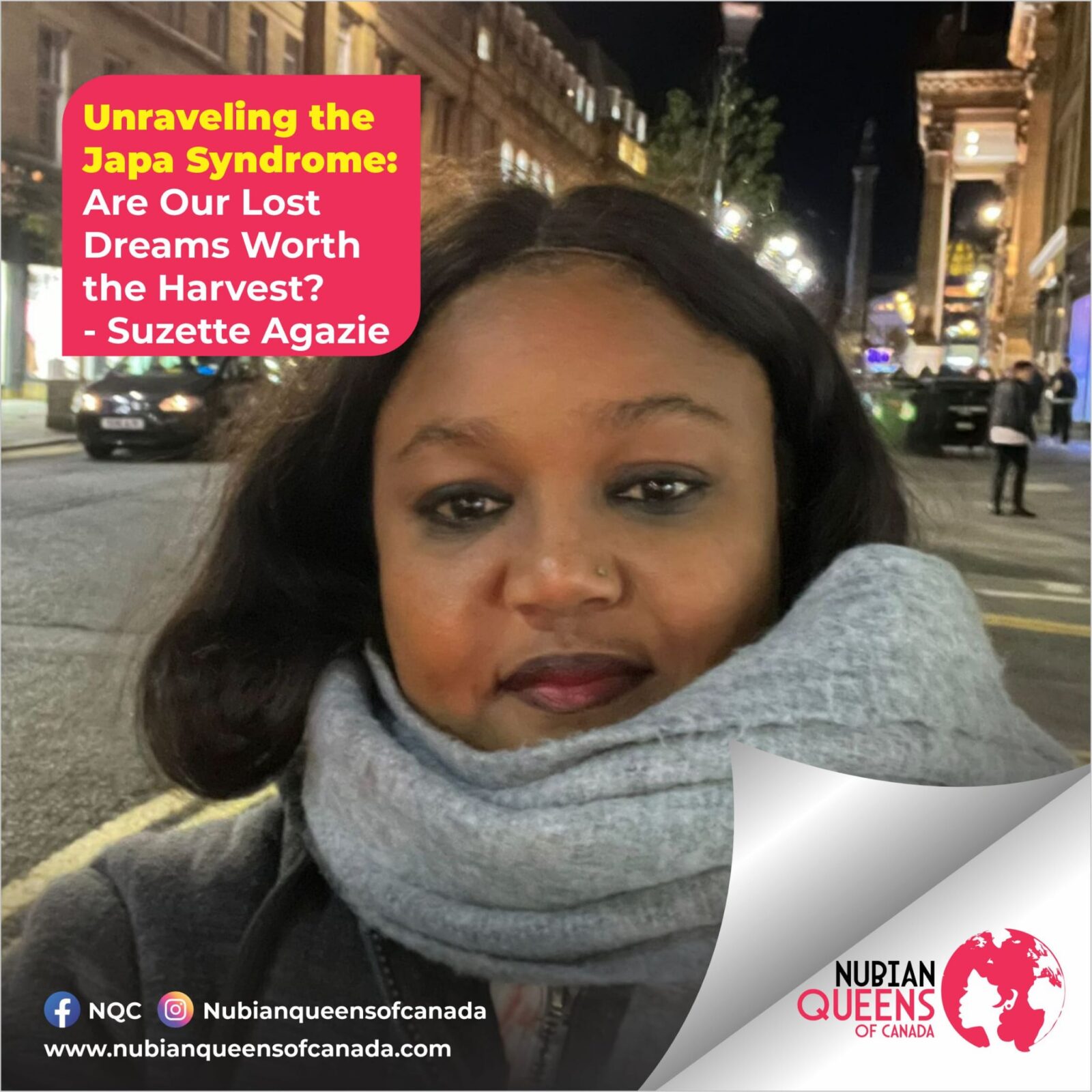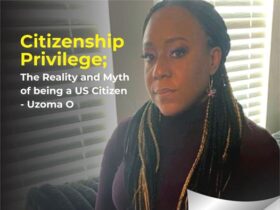Suzette Agazie relocated to the UK in 2023. She came in as an international student excited for the future. Having attained top executive status with multinational firms in Nigeria, she found that her skill set was not transferrable to the UK market. This made her question all she had learned for over ten years of her career, and then she began to battle thoughts of limitation, which sought to disprove and belittle her skills. She also developed a brilliant strategy to build her skill set further and not give in to the convenience of switching to a career where she did not find fulfilment. Read her full story here:
My name is Suzette, and I came to study in the UK. My search for a job was challenging for several reasons. One of which is that the organizations in the UK, though impressed by my work experience, declined to hire me because they believed I did not understand their market well enough to work as a brand communicator. Also, the student visa only allowed 20 hours of work, and most organizations wanted to hire full-time employees. Getting a part-time job in a professional capacity also proved abortive because the time required for part-time employment is 30 hours, with the least time being 22.5 hours. Again, freelancing was a no-go area because, as a student, you are not allowed to own or run your own business. This led to me taking several junior roles to earn enough to make ends meet, causing a decline in my career growth. Also, the city where I relocated to – Newcastle, didn’t give me a plethora of choices like London would have. To overcome this feeling of inadequacy, I joined a community with people of diverse backgrounds, which helped me integrate better into the community. I got mentorship and leveraged the experience and support of these people to blend into the culture of my new home seamlessly.
One thing that stands out for me in this journey is how easily we can give up our dreams and aspirations, all in a bid to survive in a new country. So, while preparing to come to the UK, I was told that any migrant coming into the UK must work in care first before getting better jobs. So, I acquired some certifications in Nigeria and some experience, which will help me land a lucrative job in care. Upon landing in the UK, however, I got involved with an organization called Media for All (MEFA) and discovered that one of the greatest mistakes I could make was going into care because if I go into care, to build my career in marketing will take more time and I would have sacrificed my career and fulfilment for the instant gratification which a job in care could provide. This ‘instant gratification’, which represents the immediate financial stability and job security that a job in care could offer, would have been at the cost of delaying my career aspirations. Based on this, I strengthened my resolve to get employment in my field and build my skills for the UK market by gaining the requisite experience.
This insight was a wake-up call, and it stopped me from continuing on the care job path and pushed me to get jobs in marketing communications so that by the time I graduate, I can get more senior roles in my field. In time, I found a marketing role as a copywriter with a US-based company, which lasted for a short while. I got several such engagements, which built my portfolio and gave me the experience to transition to something more permanent.
If I could turn back time, I would have conducted more thorough research on the UK migration system. This is because understanding the limitations of the student visa, such as the 20-hour work restriction, would have allowed me to plan my finances better, and this knowledge could have spared me the need to work and study in the UK simultaneously.
My advice to women of colour who are migrants to the UK and any other Western country is this: tough times don’t last, but tough people do. Yes, you will meet with challenging and seemingly impossible situations, but you must be strong and mentally tough to tackle and overcome these challenges. When you come here, join a community that will support you with various tasks, like child care, school challenges and many more. Also, only focus on working in the care industry if it is your chosen career path, but if it is not, please avoid working here for a long time. This is because there are several government incentives, and one of them can give you a five-year sponsorship, meaning that you will work in the care industry for five years, where you will grow and start making money but lose your dream career. So I advise being focused, getting small jobs, even apprenticeships in your career path, and growing from there.
I also found out that I have chronic kidney disease upon my arrival in the UK, so I am battling health challenges now, but I have chosen to be strong and focus on the positives. As I continue my journey in Newcastle, I am committed to creating a supportive community for Nigerian students. This community will be a platform for exchanging ideas, mentorship, and partnerships, and together, we can leverage our strengths and expertise to overcome challenges and achieve our dreams.
Suzette Agazie tells her story from Newcastle, UK.
















Leave a Reply